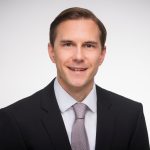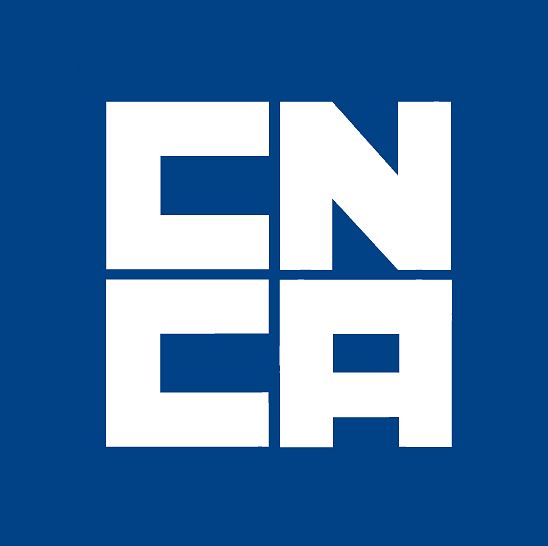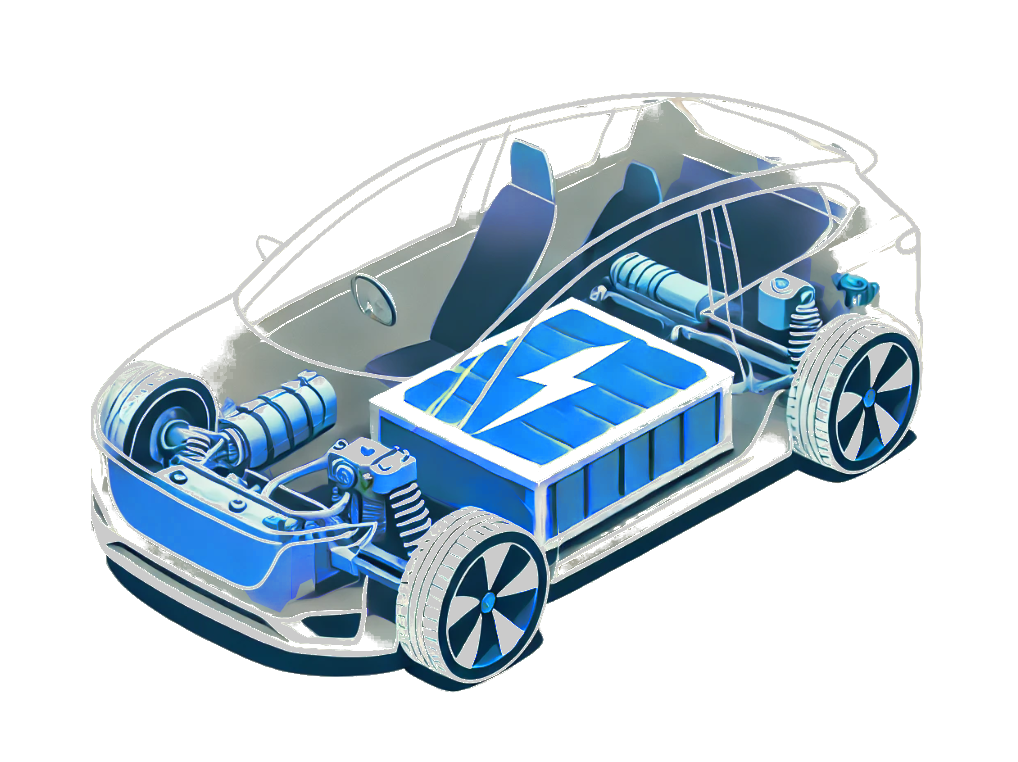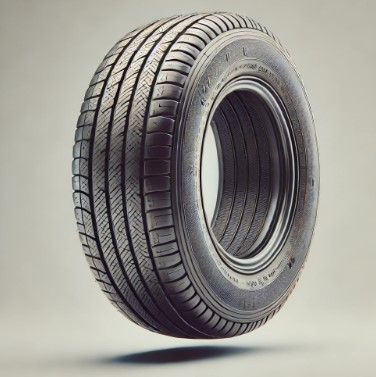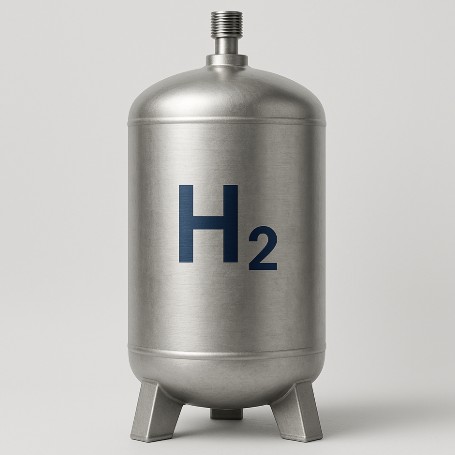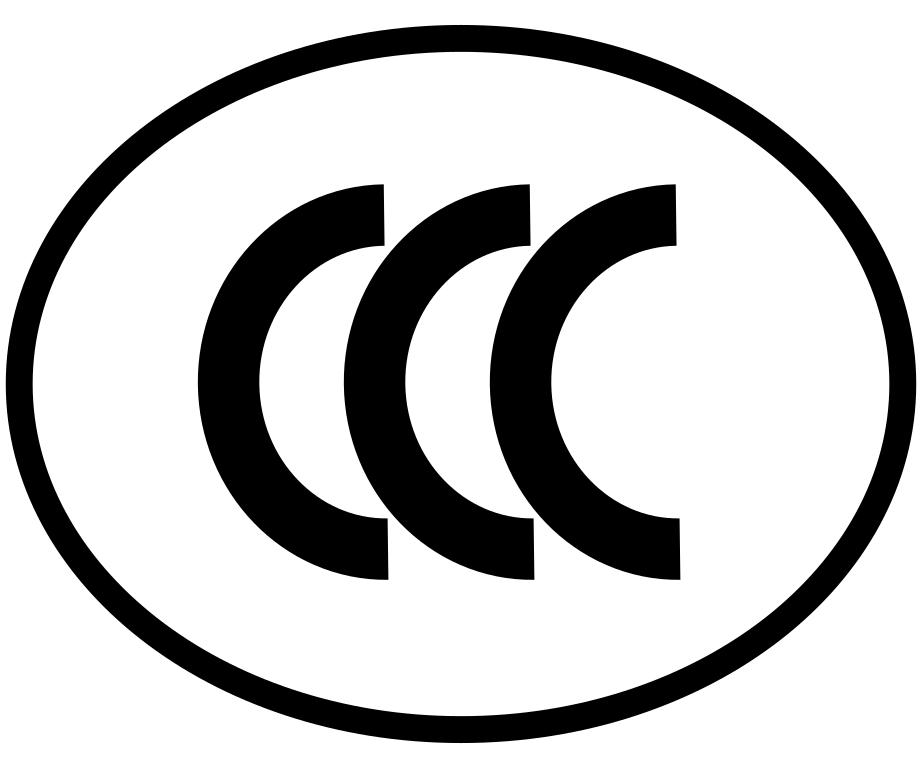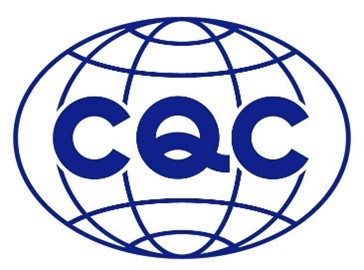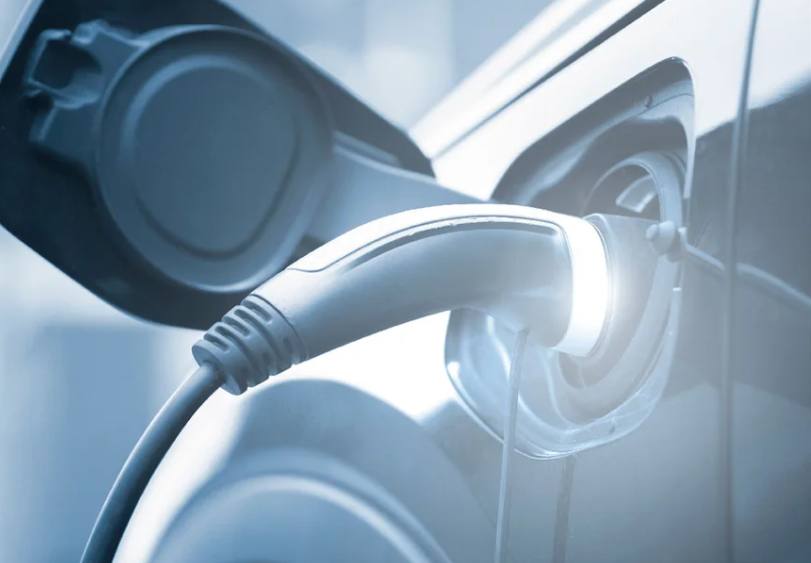Battery Registration for China required for TESLA as they set partnership with Chinese battery supplier CATL
2. June 2020Tesla’s partnership with the Chinese battery manufacturer Contemporary Amperex Technology Co Ltd. (CATL) for its Model 3, which is manufactured in China, illustrates Tesla’s strategy to become the leader in electric cars in the world’s largest automotive market. CATL is expected to supply Tesla with a so-called ‘zero cobalt’ lithium iron phosphate (LFP) battery. This in turn will be installed by the car manufacturer in the Model 3, which is produced entirely in China and is offered exclusively on the domestic market.
The new LFP batteries are estimated to be a double-digit percentage cheaper than the batteries previously used by Tesla in the USA. The consulting firm Benchmark Mineral Intelligence, which specializes in the cost analysis of lithium-ion batteries, estimates a cost saving of more than 25 percent compared to the batteries currently used in Model 3. For its US production, Tesla uses nickel-cobalt-aluminum (NCA) batteries that contain the rare metal cobalt. The main deposits of cobalt are in the Democratic Republic of Congo and Zambia, where there have been past reports of human rights abuses, child labour and the involvement of military personnel in mining the ore. This is why Tesla’s Chairman Elon Musk wants to avoid the use of cobalt in batteries in the future. The partnership with CATL, who require no or very little cobalt for the production of battery cells, is therefore an important step for Tesla.
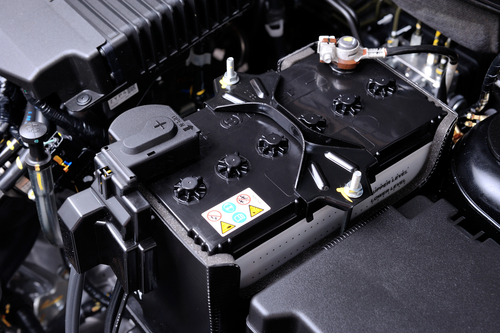
CATL also owns other technologies, including 70 patents, which improve the energy density and safety of LFP batteries. It is stated that the energy density has been increased by 10 to 15 percent, the parts used for battery cells have been reduced by 40 percent and the batteries can now be made 15 to 20 percent more compact. In addition to the reduced costs for Tesla, the partnership with a local battery supplier also means an increase in productivity for the new gigafactory near Shanghai. Tesla expects to produce around 3,000 vehicles per week at full capacity. The Chinese Model 3 is slightly different from the US model in order to save costs and is adapted to the needs of Chinese customers. Due to the production of the Tesla Model 3 in China and its high demand for electric cars, analysts expect that this could massively increase sales and profits. Drive batteries for electric vehicles are subject to voluntary CQC certification in China. This is to ensure that the batteries meet safety standards. Contrary to CQC certification, the application of a traceability code according to the Chinese GB standard is mandatory to track the life cycle of a battery and to recycle it at the end of its life. We would be pleased to advise you on CQC certification and GB standards for products exported to China.
For more information on how CCC certification, the CCC Self-Declaration and voluntary CCAP or CQC certification may affect your company, or for more information about CCC certification in general, the process, and the associated costs, please visit our website and our News Section where you will find current updates twice a week.
Please do not hesitate to contact us for further details and consultation. You can contact us via e-mail, or call us (UK: +44 2071931135, Rest of Europe: +49 69 2713769150, US: +1 773 654-2673).
You can also check out our free CCC-Brochure, which can be downloaded right here as a PDF file or you consult our book (in English) “A Brief Guide to CCC: China Compulsory Certification”, which can be found directly hier on Amazon.
Here you can download our brochure about the CCC Self-Declaration.
Here you can download our brochure about the voluntary CCAP or CQC certification.



